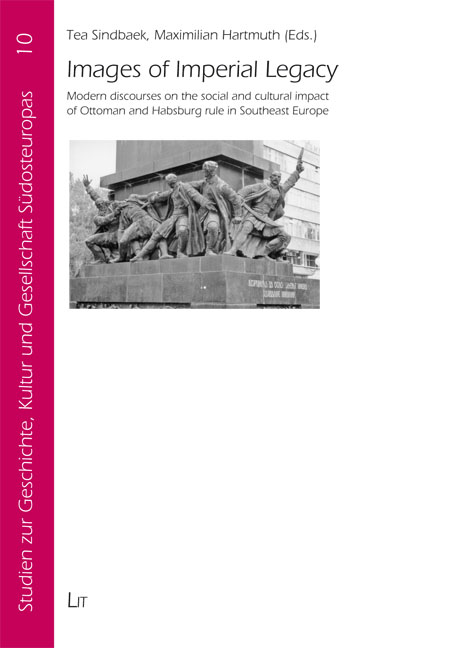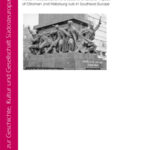Beschreibung
There has been a tendency to view the history of the Balkans as
essentially determined by historical legacies. Whether in scholarly
literature or in popular discourse, the Ottoman or Habsburg pasts are
thought to be accountable for a large variety of phenomena ranging from
democratic culture (or the lack thereof) and adaptability to a free market
economy to nepotism and the filthiness of public facilities. By contrast,
the papers in this volume demonstrate that “legacies” are not unchanging
determinants. Instead, they are very much open to constant
reinterpretations and re-assessments depending on conditions in the
present; they are, in short, as much shaped by the present as they are by
the past.
Tea Sindbaek (Aarhus) is a twentieth century historian. Her research
focuses on uses of history, memory and the cultural and political history
of Southeast Europe.
Maximilian Hartmuth (Sabanc University, Istanbul) is a Viennese-born
cultural historian of Southeast Europe with research foci on the
architectural, urban, social, and intellectual history of the region
between the 14 th and 19 th centuries.


